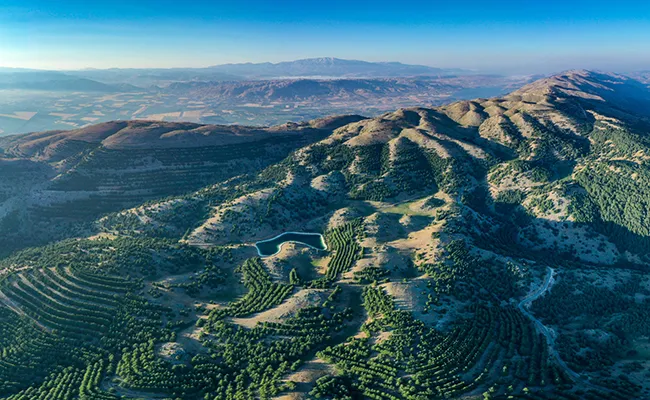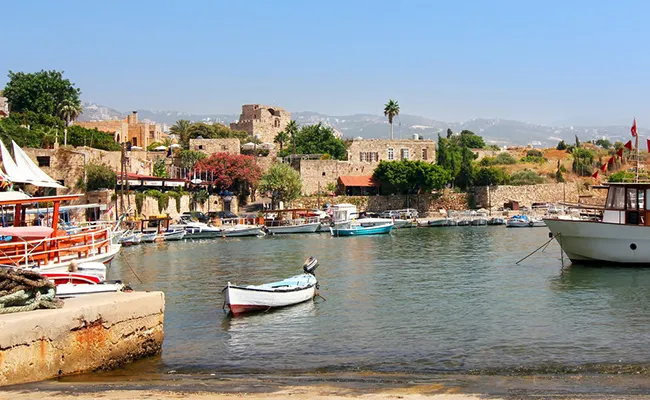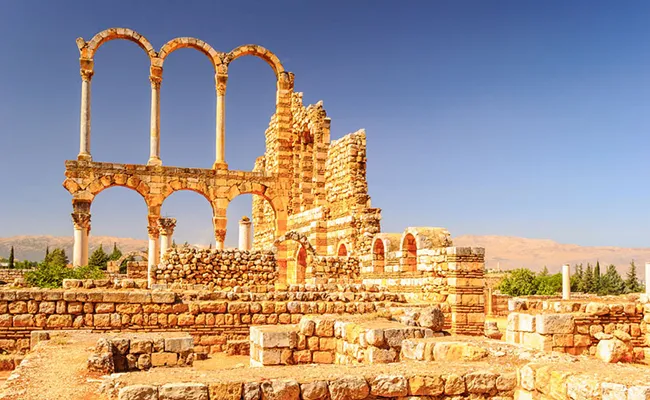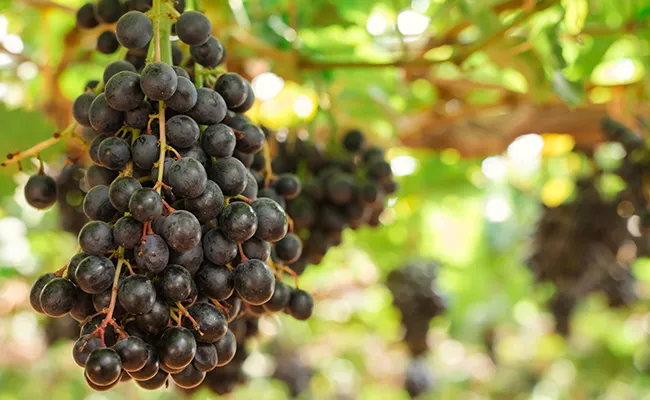







Art & CultureBlogOut & AboutIndulgeThe Great OutdoorsA Word from the ExpertsHeritagePersonalized tripWIKIMOOVExperiencesEventsTrailsFind a GuideMagazineCraft & Local ProductsCulture & HeritageFood & DrinksAccommodationLeisure & EntertainmentNatural SitesOutdoor Activities CentersReligious sitesSnow Activities CentersFamous & useful placesWater Activities CenterWellbeingBusiness PlatformJoin MOOVTOOBecome a MOOVTOO guideBecome a MOOVTOO HostI've read and I accept MOOVTOO's Privacy and Cookie Policy
 What is MOOVTOO ?PartnersContact usFAQLegal MentionsData Protection PolicyTerms and Conditions
What is MOOVTOO ?PartnersContact usFAQLegal MentionsData Protection PolicyTerms and Conditions